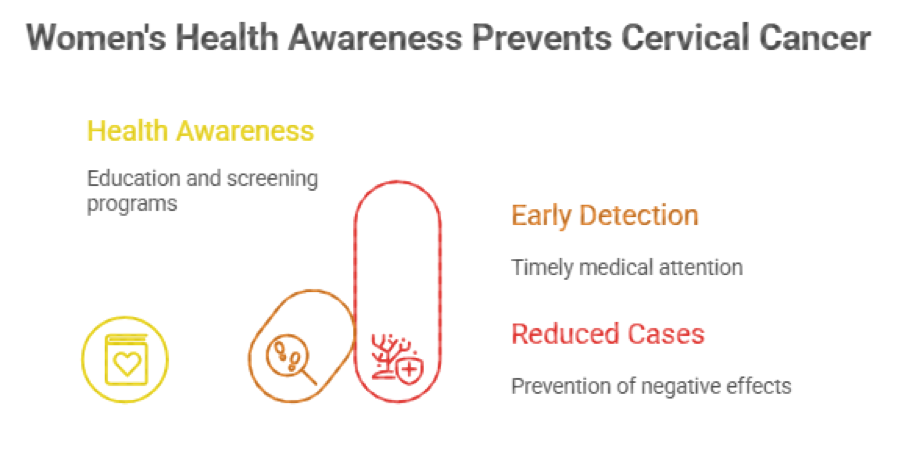M.P Shah Hospital is looking to recruit a professional and evidence-driven person for a vacancy in the Internal Audit Division, as the Chief Internal Audit and Risk Officer.
CHIEF INTERNAL AUDIT AND RISK OFFICER –JOB ADVERT
The overall purpose of this job is to provide assurance, consulting, and advisory services to the M.P Shah Hospital Board of Directors and the C.E.O by assessing governance, efficacy, and risk exposure of the hospital.
Notable priority areas for the function are billings and collections, accounting, finance and accounts payables, charge capture, regulatory compliance, systems implementation, cybersecurity risks/threats, vendor/ third party and joint venture risk management, fraud risk management and enterprise risk management.
Main Duties & Responsibilities:
1. Lead the implementation of the Internal Audit and Risk divisional strategy initiatives.
2. Advisory and Decision Making: Serve as a consultant and advisor to the board, through the relevant committees and the CEO, on the efficacy and efficiency of the governance structures, risk exposure, internal control systems and revenue leakages by leading audits of the aforementioned areas against best practice; and high quality-impactful reporting to uphold the sustainability of the hospital.
3. Lead the development and execution of the approved annual risk-based audit plan.
4. Keep abreast and understand healthcare organizational vulnerabilities (financial crime, fraud, and corruption) and establish an appropriate framework to identify, prevent, and respond to them.
5. Reduce/ prevent revenue losses by institutionalizing systems, in collaboration with Finance and IT Departments.
6. Lead the creation of a hospital-wide risk management culture by enforcing dynamic risk assessments to inform audit areas and leading the identification of key risks.
7. Regulatory Compliance: Drive organization-wide compliance to legal and regulatory standards
8. Align the efforts of the departmental employees by translating the divisional objectives into actionable initiatives and effectively cascading them to staff organizational goals.
Qualifications, Regulatory & Legal Requirements
1. Master’s degree in Business Administration, Finance, or any other related business field from a recognized institution.
2. Bachelor’s degree in Business Administration, Economics, Finance, or other business-related fields from a recognized institution.
3. Must be a qualified accountant with relevant professional qualifications such as Certified Public Accountant (CPA-K) or ACCA, Certified Internal Auditor (CIA) or Certified Information Systems Auditor (CISA).
4. Should be a registered member of any of the following professional bodies: Institute of Certified Public Accountants of Kenya (ICPAK), Institute of Internal Auditors (IIA), or Information Systems Audit Control Association (ISACA)
5. Minimum of 10 years audit experience with 5 years at management level.
Interested and qualified candidates in the above positions are encouraged to forward their applications to the hospital recruitment portal through the link below: https://recruitment.mpshahhosp.org:6670/careers on or before 22nd May 2025.
’MP Shah Hospital is an equal opportunity employer’











